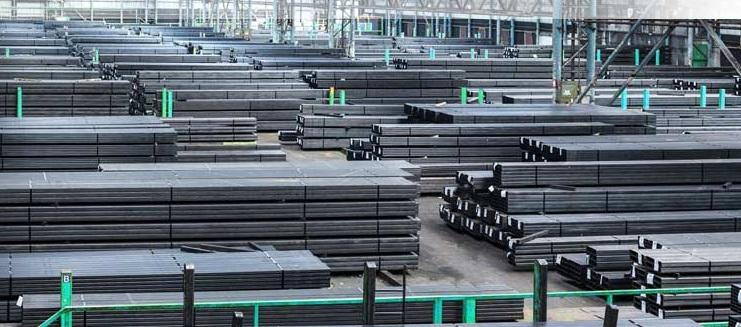Steel plate prices fluctuate based on various factors such as demand, supply, raw material costs, and economic conditions. These prices are a critical consideration for industries ranging from construction to manufacturing, as steel plates serve as foundational materials for a plethora of applications. Understanding the dynamics behind steel plate pricing is essential for businesses to make informed decisions and navigate market fluctuations effectively.
One of the primary drivers of steel plate prices is global demand. Industries like construction, automotive, and shipbuilding heavily rely on steel plates for their projects. When demand in these sectors surges, it exerts upward pressure on steel plate prices. Conversely, during periods of economic downturn or reduced construction activity, demand may decrease, leading to price declines. Additionally, geopolitical factors and trade policies can impact global demand and subsequently influence steel plate prices.
Supply dynamics also play a significant role in determining steel plate prices. Steel production capacity, availability of raw materials, and operational efficiency of steel mills all affect supply levels. For instance, disruptions in iron ore or coal supply, which are essential inputs for steel manufacturing, can constrain production and elevate steel plate prices. Conversely, investments in steel production capacity or technological advancements that enhance efficiency may bolster supply and alleviate price pressures.
One of the primary drivers of steel plate prices is global demand. Industries like construction, automotive, and shipbuilding heavily rely on steel plates for their projects. When demand in these sectors surges, it exerts upward pressure on steel plate prices. Conversely, during periods of economic downturn or reduced construction activity, demand may decrease, leading to price declines. Additionally, geopolitical factors and trade policies can impact global demand and subsequently influence steel plate prices.
Supply dynamics also play a significant role in determining steel plate prices. Steel production capacity, availability of raw materials, and operational efficiency of steel mills all affect supply levels. For instance, disruptions in iron ore or coal supply, which are essential inputs for steel manufacturing, can constrain production and elevate steel plate prices. Conversely, investments in steel production capacity or technological advancements that enhance efficiency may bolster supply and alleviate price pressures.
Get Real Time Prices of Steel Plate: https://www.chemanalyst.com/Pricing-data/steel-plate-1439
Raw material costs, particularly those of iron ore and scrap metal, are critical cost components in steel plate production. Fluctuations in these raw material prices directly influence the overall cost structure for steel manufacturers, impacting their pricing strategies. For example, when iron ore prices surge due to supply shortages or increased demand from emerging economies, steel plate prices are likely to follow suit as manufacturers pass on these cost increases to customers.Moreover, currency exchange rates can impact steel plate prices, especially in an increasingly globalized market. Currency fluctuations affect the competitiveness of steel exports and imports, thereby influencing pricing dynamics. For instance, a depreciation in the currency of a major steel-producing country may make its exports more competitive in international markets, leading to lower prices for steel plates in importing countries.
Environmental regulations and sustainability initiatives also influence steel plate prices. Stricter environmental standards may necessitate investments in cleaner production technologies or compliance measures, which can drive up production costs for steel manufacturers. Consequently, these additional costs may be passed on to consumers through higher steel plate prices.
Furthermore, market sentiment and speculation can contribute to short-term price volatility in the steel plate market. Traders and investors closely monitor economic indicators, geopolitical events, and supply-demand dynamics to anticipate future price movements. Consequently, market sentiment can amplify price fluctuations, creating opportunities for arbitrage or speculative trading activities.
In conclusion, steel plate prices are influenced by a myriad of factors, including demand, supply, raw material costs, economic conditions, currency exchange rates, environmental regulations, and market sentiment. Businesses operating in industries reliant on steel plates must closely monitor these factors to anticipate price trends and mitigate risks effectively. By understanding the underlying drivers of steel plate prices, companies can make informed decisions regarding procurement, pricing strategies, and risk management, ultimately enhancing their competitiveness in the marketplace.
Get Real Time Prices of Steel Plate: https://www.chemanalyst.com/Pricing-data/steel-plate-1439
Contact Us:
ChemAnalyst
GmbH - S-01, 2.floor, Subbelrather Straße,
15a Cologne, 50823, Germany
Call: +49-221-6505-8833
Email: sales@chemanalyst.com
Website: https://www.chemanalyst.com
